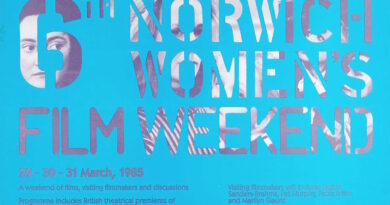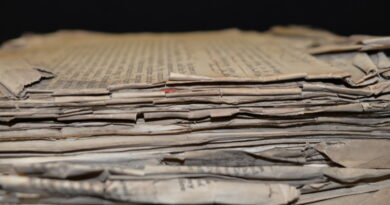Making Archives More Accessible
Archives are a fantastic source for understanding the past. They contain unique information about people, places, and organisations. However, they are useless if they live in a darkened, locked storeroom or just appear as undecipherable scribblings on a page. NorAH knows archives can be difficult to use. It is not always obvious if a particular collection or item relates to the topic someone is researching. Archives are often written in hard to read handwriting and may not be in English. Archives are often created by complex administrative processes which often need explaining to understand their true worth.
The historical value of archives lay in the transactional information they contain. Many traditional archive catalogues lack that granularity because of limited staff time. For example, an archive may state in its catalogue that it holds a nineteenth-century volume of patients’ case notes within a hospital archive. Until the names of the patients are included in the catalogue, it is almost impossible for a family historian to know that volume is relevant to their reseach.
By supporting NorAH, you will allow it to support more projects that aim to make archives more accessible and useable. For example, NorAH has supported digitisation projects which allow archives to be published online. NorAH has also supported projects which have catalogued and indexed archives, and thus making online catalogues more helpful to researchers and projects which have transcribed and translated historical documents to make them easier to understand. This makes it easier for members of the public to know a particular collection exists and then to easily check if it’s likely to contain relevant information. The Internet has made it so much easier to find and use information. NorAH is keen to support projects which utilise technology to make it easier for people to use archives.
The featured image is by 🇸🇮 Janko Ferlič on Unsplash.



